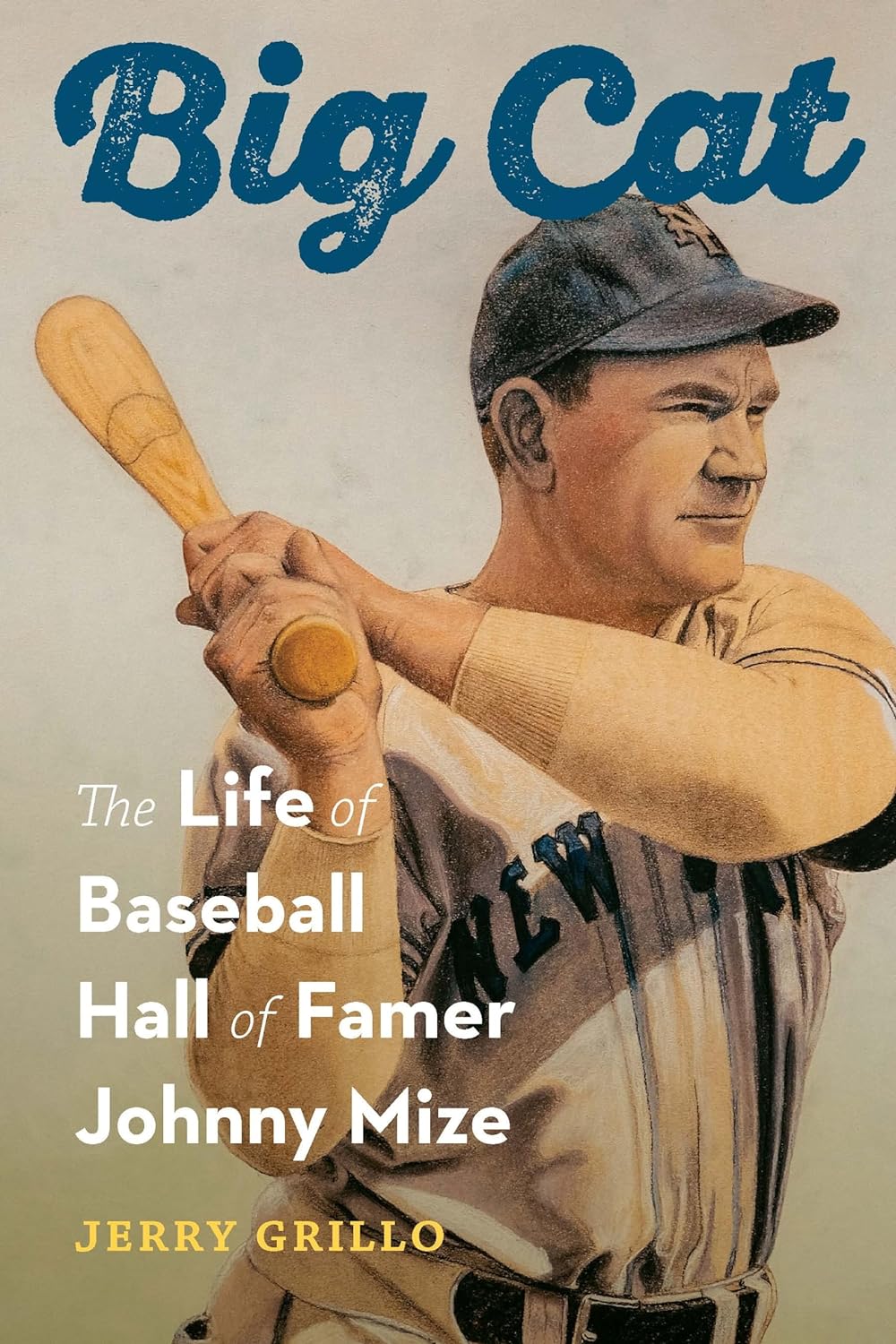Stan talks to historian Jacqueline Jones about her book, No Right to An Honest Living: The Struggles of Boston’s Black Workers in the Civil War Era, winner of the 2024 Pulitzer Prize in History.
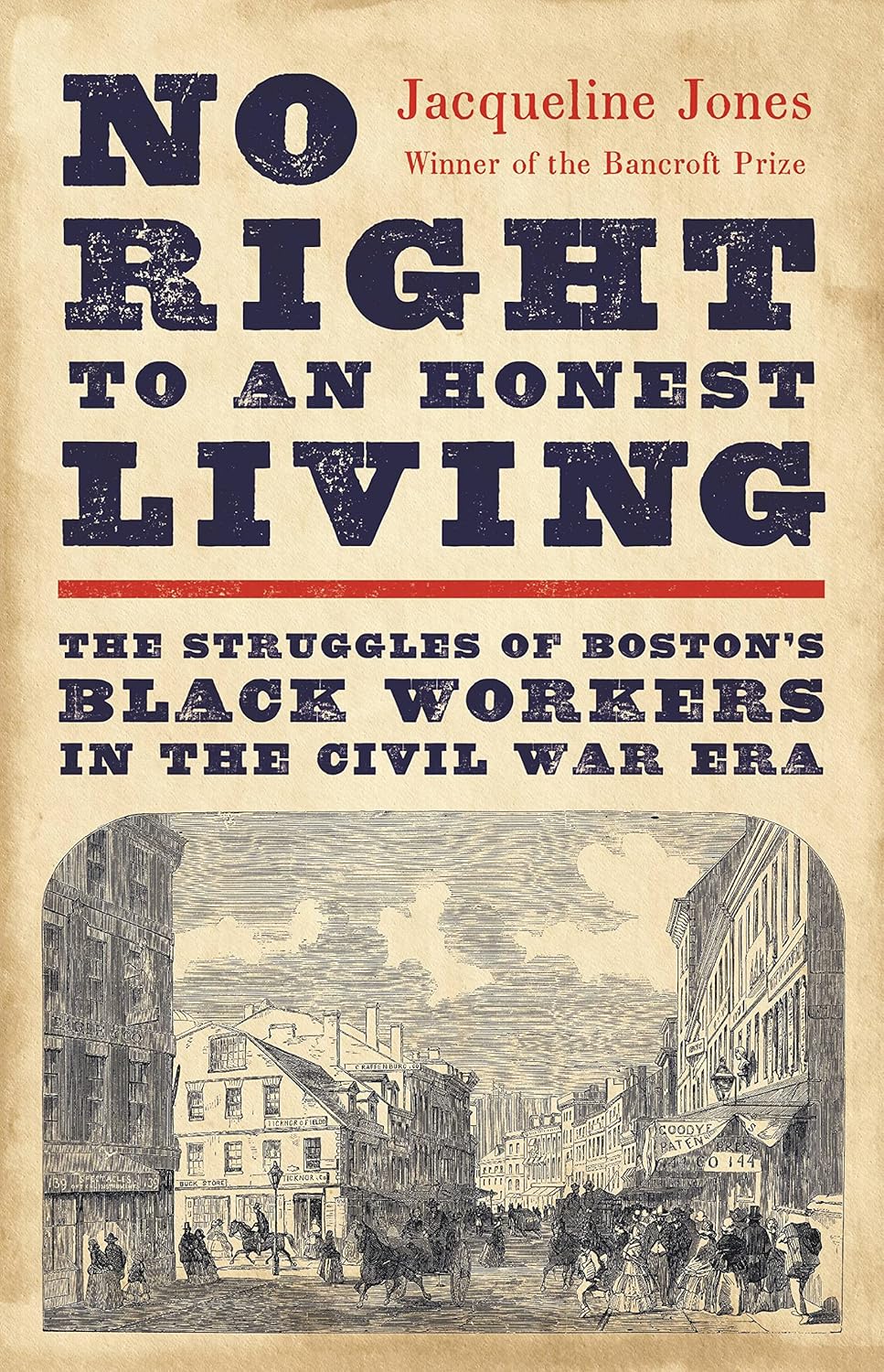

Stan talks to historian Jacqueline Jones about her book, No Right to An Honest Living: The Struggles of Boston’s Black Workers in the Civil War Era, winner of the 2024 Pulitzer Prize in History.

Join Stan as he launches a new season of Off the Deaton Path with a recap of one of the most momentous weeks in American political history, plus a deep dive into Fun Facts Known By Few (a tunnel behind Lincoln’s head on Mt. Rushmore? Are you living in a nuclear sponge? What is the mysterious Greek fire? Why was the flow of the Chicago River reversed in 1900?) Also, a sneak peek at upcoming podcast author interviews, and the 45th anniversary of the death of the King.
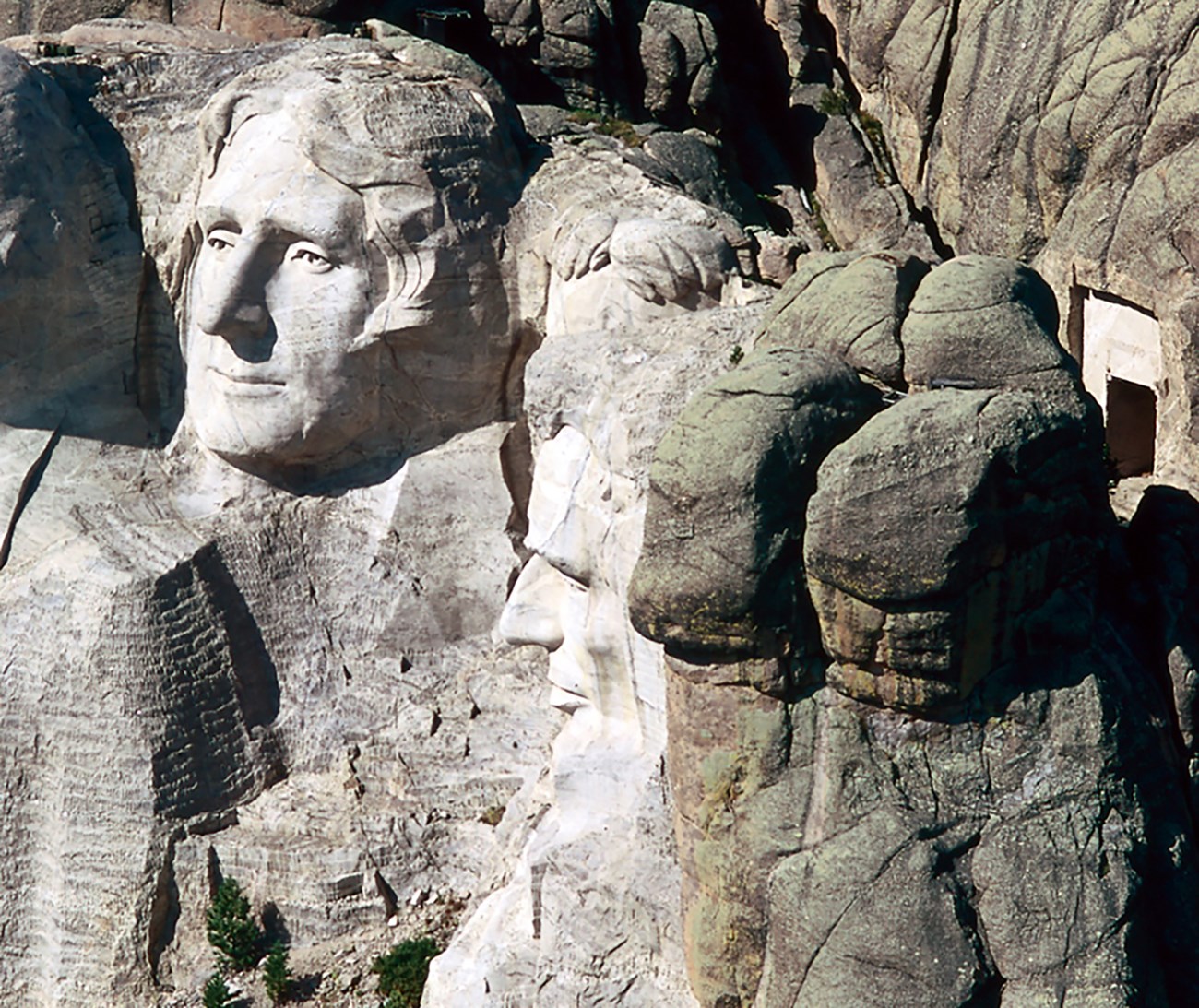
Stan interviews author Jason Friedman about his new book, Liberty Street. Jason and his husband bought a townhouse on Liberty Street in his hometown of Savannah. But that was just the beginning of a remarkable journey: “It’s a house that came with a story: the rise and fall of a Southern Jewish family and a ghost story whose long-dead characters still haunt the present. Liberty Street chronicles my journey to understand the Solomon Cohen family and the way their lives intersected with their enslaved workers, Savannah’s Jewish community, and their Christian neighbors. I became interested in the way we talk about the Civil War, its origins, and aftermath. What do we remember? Or choose to forget? I came to know the denizens of Liberty Street 150 years before I moved there, and to understand my own story as a Jew, a Southerner, and an American.”
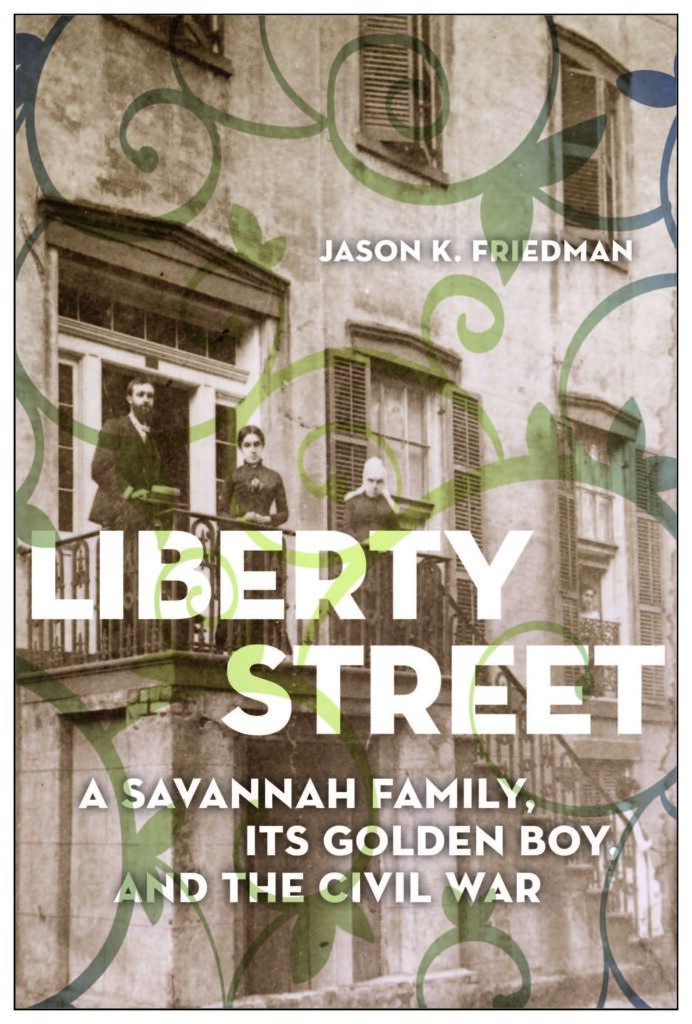
Stan’s guest this week is DeKalb County CEO Michael Thurmond, who talks about his new book, James Oglethorpe, Father of Georgia: A Founder’s Journey From Slave Trader to Abolitionist, published by the University of Georgia Press. Michael argues that Oglethorpe has never gotten credit for his pathbreaking efforts to keep slavery out of the Georgia colony and his subsequent impact on the emerging abolitionist movement in England.
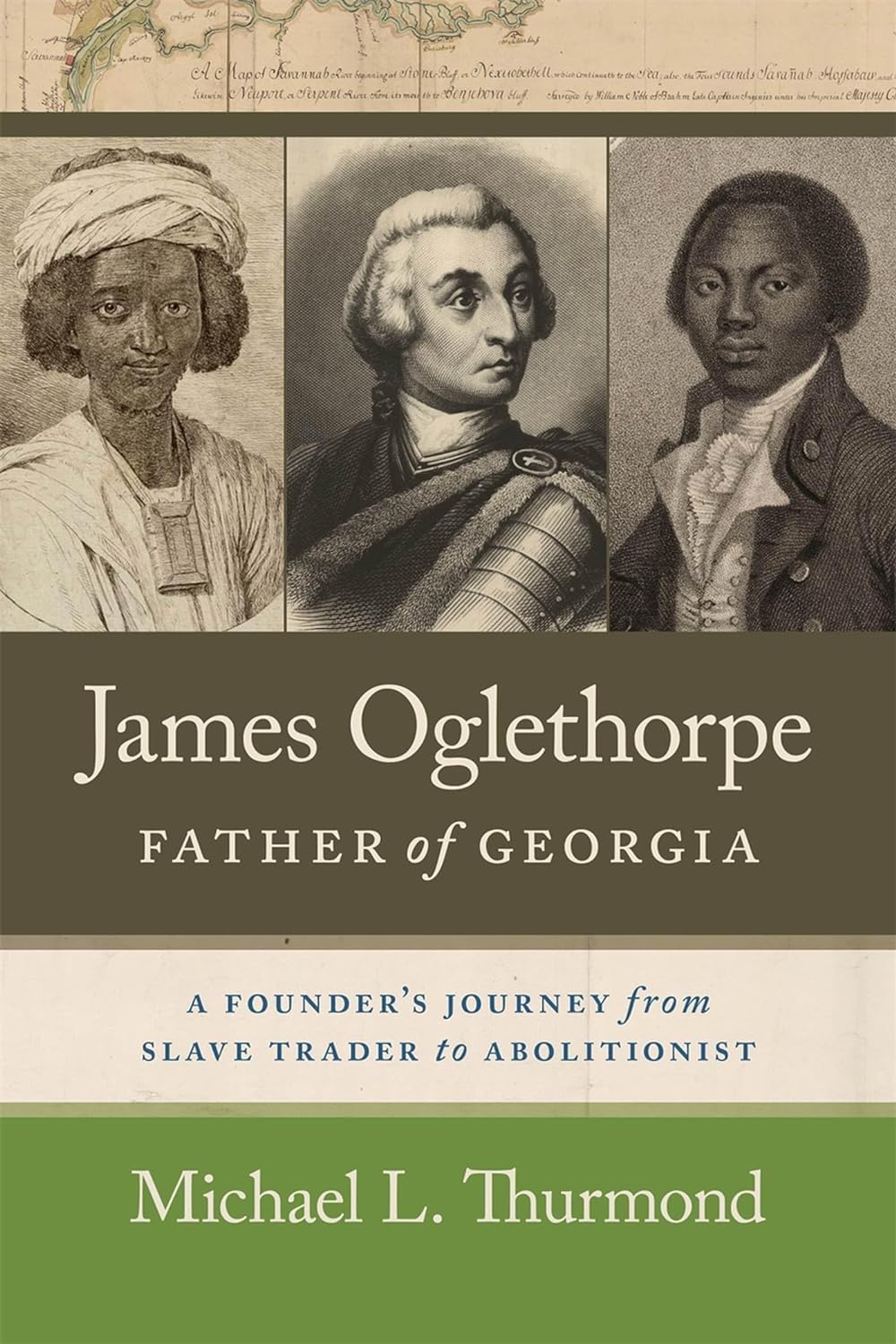
Stan’s guest this week is Jerry Grillo, author of Big Cat: The Life of Baseball Hall of Famer Johnny Mize. Mize was born in Demorest, Georgia, and played 15 seasons in Major League Baseball and won 5 World Series.
